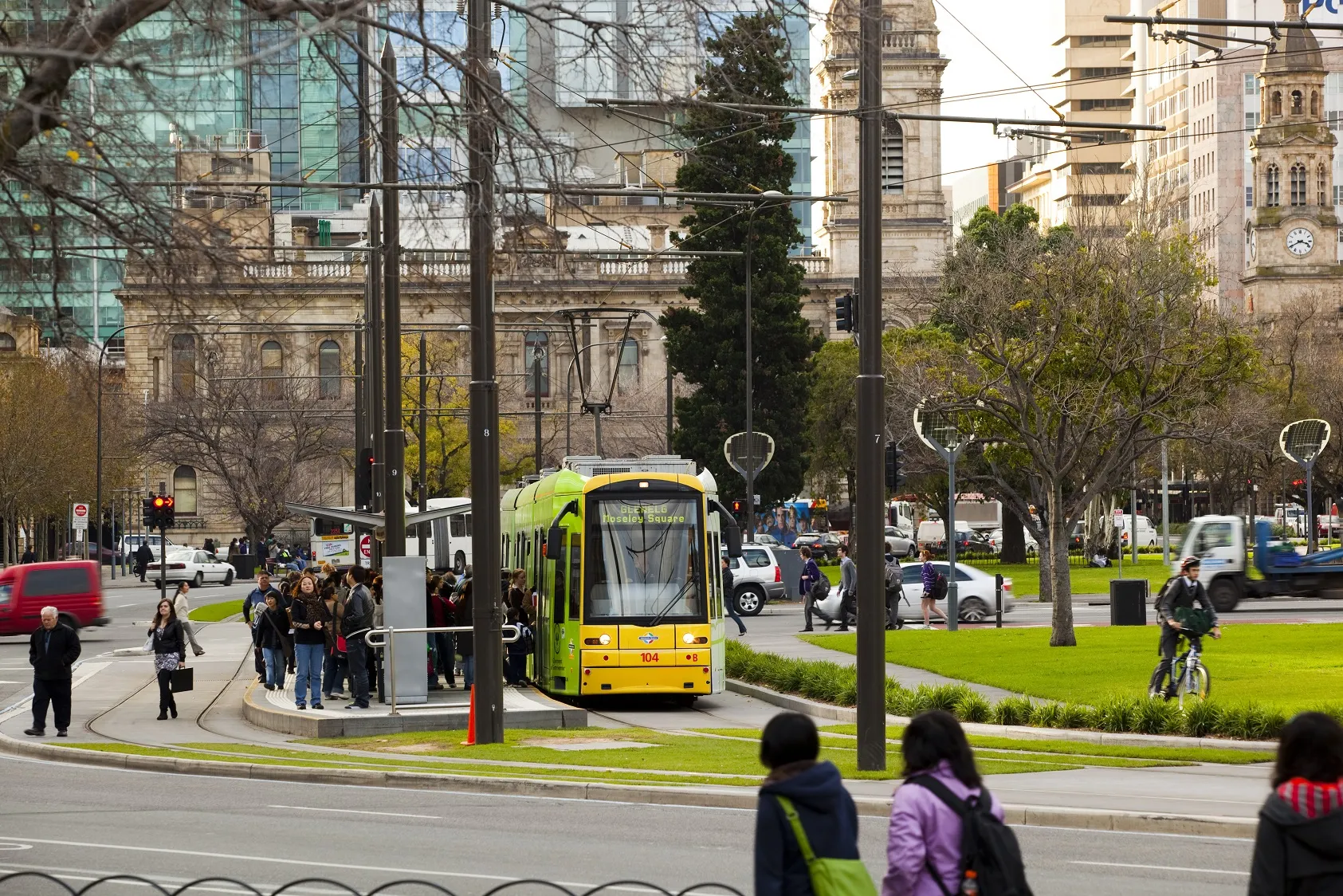
Conduent Transportation has installed a contactless open payment system on Adelaide's 24 trams.
The six-month pilot for the South Australian Public Transport Authority (Sapta) means that travellers can use Visa, MasterCard and NFC-enabled smart devices, digital bank wallets and QR code to pay for fares.
The new system will operate alongside the metroCard validating system on the Australian city's network.
Sapta already uses Conduent’s Atlas system, and the company has deployed its Atlas Open Media Pay As You Go module and validators on the vehicles for on-board fare payment.
While the move will make payment safer in a Covid-19 environment, it is primarily aimed at modernising fare collection across the network.
Conduent has worked with the South Australian government for 25 years.
Sapta executive director Anne Alford said: “By leveraging this technology, Adelaide will have easier, faster, safer and more accessible public transport."
Jean-Charles Zaia, Conduent's general manager, public transit, says: “We are seeing transit networks all around the world employing technology to advance and improve their fare collection while enhancing the transit experience for the users.”
Atlas Ops has been implemented by transit authorities including Flanders (Belgium) and will soon be deployed in New Jersey (US) and Lyon (France) .









